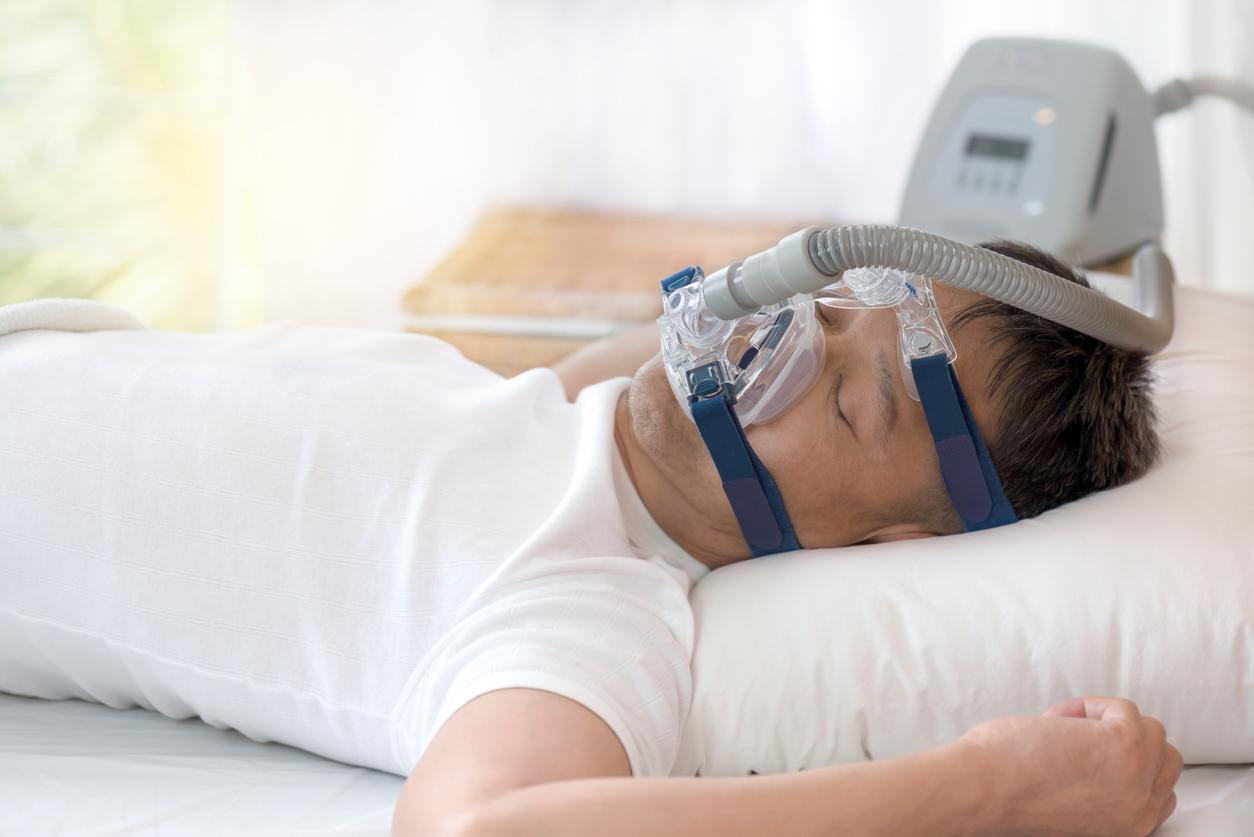An implant against obesity has received the green light from the US Agency for marketing. It acts on the nerves involved in controlling appetite.

The FDA said yes. The American Medicines Agency has just given the green light to the marketing of an implant against obesity, after several trials conducted in animals, and two small trials in humans. This implant could revolutionize the traditional techniques of bariatric surgery (gastric band, by pass, etc.).
Enclosure in the abdomen
The “Maestro Rechargeable System” is manufactured by the American firm EnteroMedics. It consists of a rechargeable battery and electrodes, which are implanted in the abdomen. These electrodes send electrical pulses to the pneumogastric nerve, which is involved in controlling satiety. It is he who sends signals to the brain to tell it that it is empty or full.
Electrical stimulation therefore makes it possible to block the activity of this nerve between the brain and the stomach. However, the FDA specifies that the specific mechanisms of weight loss resulting from this implant remain unknown.

Maestro Rechargeable System implant – CC / ENTEROMEDICS
As effective as the gastric band
The conditions for having this implant are more stringent than other bariatric procedures. It targets patients of at least 18 years of age who have not been able to lose weight by following diets, and whose body mass index is between 35 and 45. The patient must also have a pathology related to his excess. of weight (diabetes…).
The results of studies funded by the firm were published in 2013 in the journal Journal of Obesity. They did not reveal any side effects during the first year of implantation of the device. In addition, the implant seems to be as effective as the ring, according to the comparisons carried out according to the types of intervention.
More than one in three adults is obese in the United States. “Obesity and the pathologies associated with it constitute a major public health problem,” said William Maisel, senior official of the FDA, quoted by AFP. Such devices can help doctors and patients to develop comprehensive treatments for obesity ”.
.















